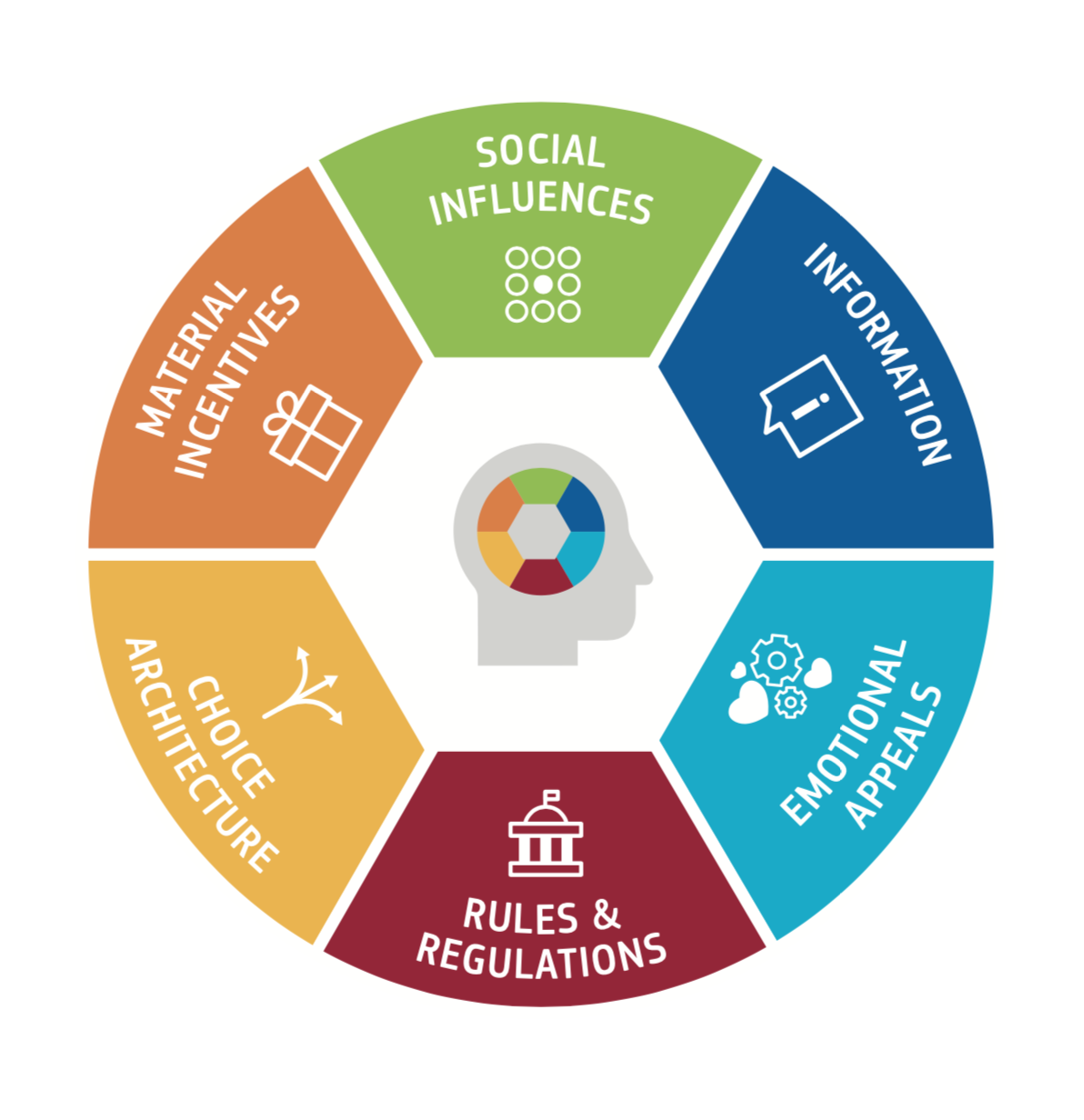In the past years, the zero waste lifestyle has been gaining popularity. With the current COVID-19 pandemic, however, more people are resorting back to disposables and single-use plastic. Experts assure the safety of reusable containers but consumers are not taking any chances.
This is unfortunate, and as rational choice theory assumes information gap, I am keen to say that raising more awareness is needed. Social psychology points to nudges that will subtly change unsustainable behavior to a more sustainable one. In this case, I see how social media and influencers can actually promote sustainability.
Social practice theory, meanwhile, proposes that interventions should be directed towards practices. I think this is related to Rare’s levers of behavior change. Strategies focusing on emotional appeals, social influences, choice architecture, information, material incentives, and rules and regulations can be maximized to achieve the desired change.

The emphasis seems to be on individual action yet systems of provision perspective sees choices as embedded in the system. Thus, the system has to change. Although changing the system tends to be complex and this most certainly will take time.
Does this mean that individual actions do not matter? Certainly not. Researcher Samantha Earle, during the Norwich Science Festival said that individual action sends signals and shapes everything. It is the building block of culture and it can shift cultural norm. She adds that civil society and protest, not governments can make the change citing how this led to the the abolishment of apartheid and the institutionalization of women voting.
In our Sustainable Consumption class last semester, I have learned that there are many ways of defining the problem of unsustainable consumption and, similarly, various paths of solving it. There is definitely no easy solution. Different sectors of society should do their part. Work should be done at different levels. The approach should be collaborative and dynamic. And striking the balance among these is the key towards this seemingly elusive path of sustainability.




